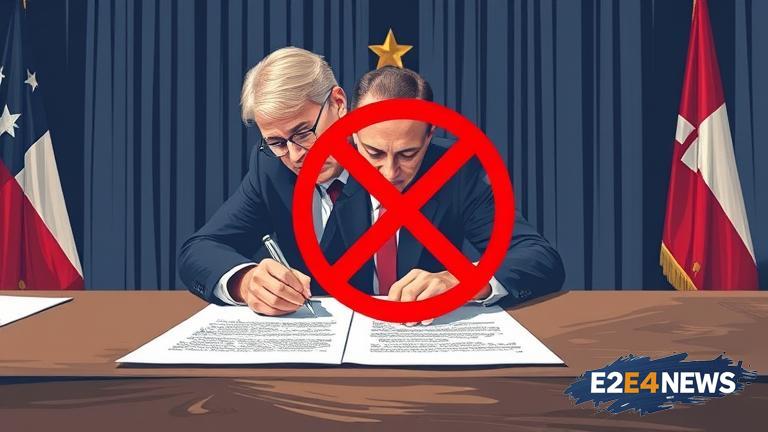Texas Governor Greg Abbott has signed a bill into law that prohibits any entity in the state from requiring COVID-19 vaccination as a condition of employment or access to services. The bill, which was passed by the Texas Legislature, applies to all private and public entities, including businesses, schools, and government agencies. The law takes effect immediately, and any entity found to be in violation of the law could face fines and penalties. The bill’s sponsors argued that the measure is necessary to protect the rights of individuals who do not want to receive the COVID-19 vaccine. They also argued that the vaccine should be a personal choice, rather than a requirement imposed by employers or other entities. The bill’s opponents, on the other hand, argued that the measure could put public health at risk, particularly in settings such as hospitals and nursing homes where vaccination is crucial to preventing the spread of the virus. Despite these concerns, the bill was passed by the Texas Legislature and signed into law by Governor Abbott. The new law has been met with praise from some Texans who oppose vaccine mandates, but it has also been criticized by others who believe it could have negative consequences for public health. The law is part of a broader trend of states pushing back against COVID-19 vaccine mandates, with several other states also passing similar laws. The issue of vaccine mandates has been highly contentious, with some arguing that they are necessary to protect public health, while others believe they infringe upon individual rights. The COVID-19 pandemic has had a significant impact on Texas, with thousands of cases and hundreds of deaths reported in the state. The pandemic has also had a major impact on the state’s economy, with many businesses forced to close or reduce operations due to lockdowns and other restrictions. In response to the pandemic, the state has implemented a range of measures, including mask mandates, social distancing requirements, and vaccination efforts. However, the new law prohibiting vaccine mandates has raised concerns about the state’s ability to respond effectively to future public health crises. The law has also sparked debate about the role of government in protecting public health, with some arguing that it is the government’s responsibility to take steps to prevent the spread of disease, while others believe that such measures infringe upon individual liberties. As the pandemic continues to evolve, it is likely that the issue of vaccine mandates will remain a topic of controversy and debate. The new law in Texas is likely to have significant implications for the state’s public health efforts, and it will be important to monitor its impact in the coming months and years. The law’s effects will likely be felt not only in Texas, but also in other states that are considering similar measures. Ultimately, the issue of vaccine mandates is complex and multifaceted, and it will require careful consideration and nuanced discussion to resolve.
